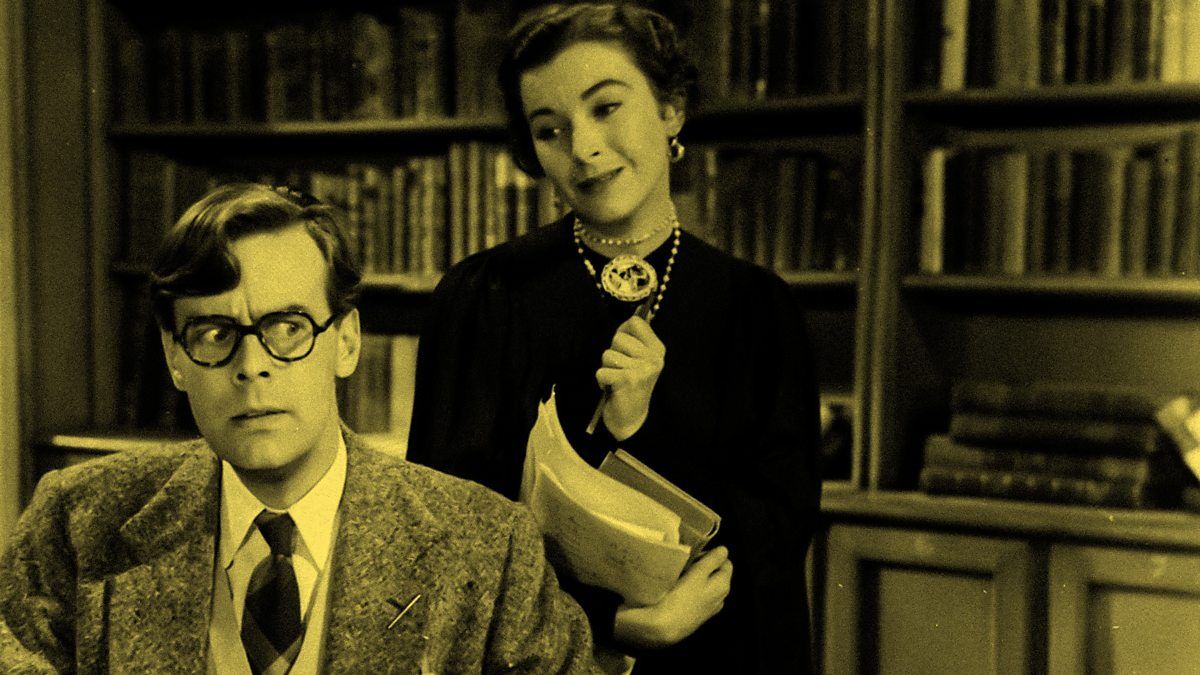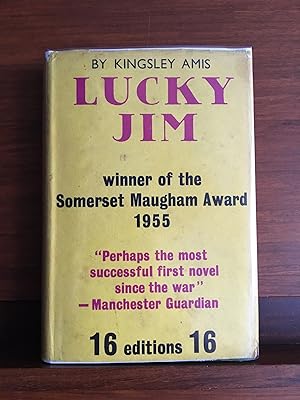

Jim Dixon's reflection on old man Welch, the chair of the History Department at the provincial college where the novel is set: "How had he become Professor of History, even at a place like this? By published works? No. Pen names: Robert Markham & William Tanner Although he worked hard and got a first in English in 1947, he had by then decided to devote much of his time to writing. After serving as a lieutenant in the Royal Corps of Signals in the Second World War, Amis returned to Oxford in October 1945 to complete his degree. After only a year, he was called up for Army service in July 1942. John's College, Oxford April 1941 to read English it was there that he met Philip Larkin, with whom he formed the most important friendship of his life. He began his education at the City of London School, and went up to St. Kingsley Amis was born in Clapham, Wandsworth, County of London (now South London), England, the son of William Robert Amis, a mustard manufacturer's clerk. He fathered the English novelist Martin Amis. He wrote more than twenty novels, three collections of poetry, short stories, radio and television scripts, and books of social and literary criticism.

Sir Kingsley William Amis CBE, was an English novelist, poet, critic, and teacher. As Christopher Hitchens has written, “If you can picture Bertie or Jeeves being capable of actual malice, and simultaneously imagine Evelyn Waugh forgetting about original sin, you have the combination of innocence and experience that makes this short romp so imperishable.”


More than just a merciless satire of cloistered college life and stuffy postwar manners, Lucky Jim is an attack on the forces of boredom, whatever form they may take, and a work of art that at once distills and extends an entire tradition of English comic writing, from Fielding and Dickens through Wodehouse and Waugh. This is the story of Jim Dixon, a hapless lecturer in medieval history at a provincial university who knows better than most that “there was no end to the ways in which nice things are nicer than nasty ones.” Kingsley Amis’s scabrous debut leads the reader through a gallery of emphatically English bores, cranks, frauds, and neurotics with whom Dixon must contend in one way or another in order to hold on to his cushy academic perch and win the girl of his fancy. Regarded by many as the finest, and funniest, comic novel of the twentieth century, Lucky Jim remains as trenchant, withering, and eloquently misanthropic as when it first scandalized readers back in 1954.


 0 kommentar(er)
0 kommentar(er)
